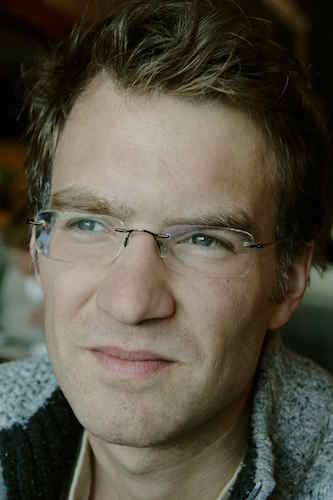
Theory-Experimental Seminar
Joel van der Weele (with M. Foerster)
University of Amsterdam
12-Mar-2018
Seminar 3 – 14:30
We analyze communication about the social returns to investment in a public good. We model two agents who have private information about these returns as well as their own taste for cooperation, or social preferences. Before deciding to contribute or not, each agent submits an unverifiable report about the returns to the other agent. We show that even if the public good benefits both agents, there are incentives to misrepresent information. First, others’ willingness to cooperate generates an incentive for “alarmism”, the exaggeration of social returns in order to opportunistically induce more investment. Second, if people want to be perceived as caring for overall welfare, a justification motive arises for low contributors. As a result, equilibrium communication features “denial” about the returns, depressing contributions. We illustrate the model in the context of institutional inertia and the climate change debate. We test our theory in a laboratory experiment, and find evidence that image concerns lead to underreporting of efficiency in a charitable giving context.

 Español
Español Valencià
Valencià